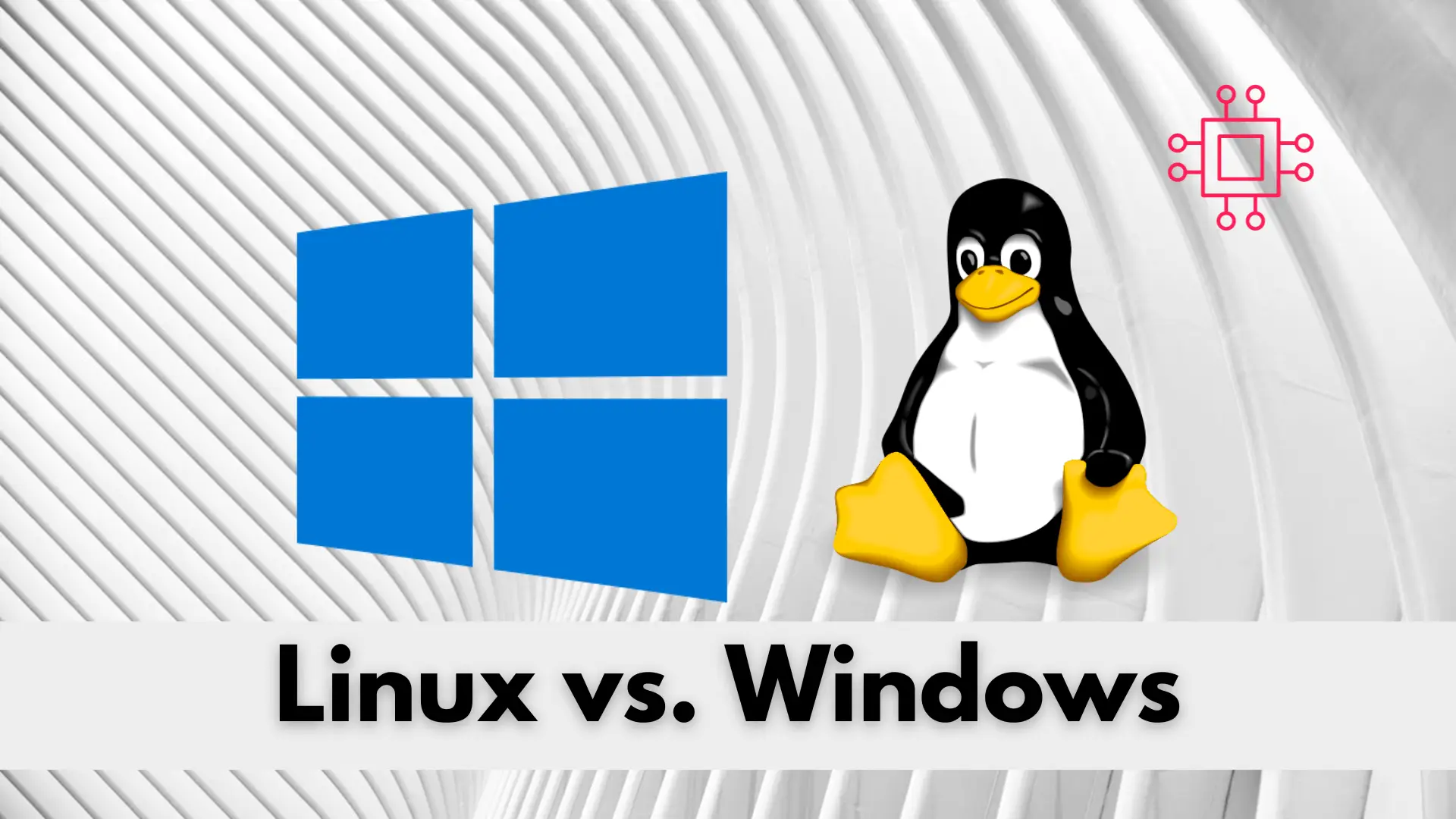
In this article, we will review the top 10 most commonly used Git commands. You can’t call yourself a competent DevOps Engineer or IT professional

If you’re deciding between Linux and Windows for your next operating system, knowing the key differences between the two could save you time, money, and even headaches down the line.
When it comes to choosing an operating system, the two most popular options are Linux and Windows. Both have their own strengths and weaknesses, and the choice ultimately comes down to the user’s specific needs and preferences. In this article, we’ll compare and contrast Linux and Windows to help you decide which operating system is better for you.

Photo by David Dilbert from Pexels
Linux is an open-source operating system that is based on the Unix operating system. It was created in 1991 by Linus Torvalds and is distributed under the GNU General Public License. Linux is known for its stability, security, and customization options.
Windows, on the other hand, is a proprietary operating system developed by Microsoft. It was first released in 1985 and has since become the dominant operating system for personal computers. Windows is known for its ease of use, wide range of software compatibility, and user-friendly interface.
One of the most significant differences between Linux and Windows is the user interface. Windows has a user-friendly graphical interface that is easy to navigate, making it an excellent option for beginners. The interface is customizable, and users can change the appearance of the desktop, taskbar, and other elements.
Linux, on the other hand, has a steeper learning curve. It relies heavily on the command-line interface, which can be intimidating for beginners. However, Linux offers a high degree of customization, and users can modify the interface to suit their needs.
Another key difference between Linux and Windows is software compatibility. Windows is the dominant operating system, and as such, has a vast library of software applications that are compatible with it. From productivity tools to games, users have access to a wide range of software options on Windows.
Linux, on the other hand, has a smaller selection of software applications that are compatible with it. However, Linux offers free and open-source software, which is often just as powerful as proprietary software. Linux users also have access to software repositories, which makes it easy to install and update software applications.
One of the main reasons why Linux is popular among developers and system administrators is its security and stability. Linux is known for its robust security features, which makes it less vulnerable to viruses and malware attacks. In addition, Linux is known for its stability, and it can run for extended periods without crashing or slowing down.
Windows, on the other hand, has been historically vulnerable to viruses and malware attacks. While Windows has improved its security features in recent years, it still requires regular updates and patches to maintain security.
Another advantage of Linux is its customization options. Linux users have access to a wide range of customization options, including desktop environments, window managers, and themes. This makes it easy to tailor the user interface to the user’s specific needs and preferences.
Windows, on the other hand, has limited customization options. While users can change the appearance of the desktop and taskbar, there are few options for customizing the overall interface.
One of the most significant advantages of Linux is its cost. Linux is free and open-source, which means users can download and use it without paying a licensing fee. In addition, Linux users have access to free and open-source software, which can save a significant amount of money.
Windows, on the other hand, requires a licensing fee to use. While there are some free versions of Windows available, they are limited in terms of features and functionality.
Both Linux and Windows have their own strengths and weaknesses, and the choice ultimately comes down to the user’s specific needs and preferences. Windows is an excellent option for beginners and users who require a wide range of software applications. Linux, on the other hand, is ideal for developers, system administrators, and users who value customization, security, and stability.
Overall, Linux is an excellent option for users who are looking for a free and open-source operating system with robust security features, a high degree of customization options, and stability. While it may have a steeper learning curve than Windows, it is a powerful operating system that can meet the needs of developers, system administrators, and advanced users.
On the other hand, Windows is an excellent option for users who are looking for a user-friendly operating system with a wide range of software compatibility options. While it may require regular updates and patches to maintain security, it is a reliable operating system that can meet the needs of most users.
Ultimately, the choice between Linux and Windows comes down to the user’s specific needs and preferences. Both operating systems have their own strengths and weaknesses, and the choice between them should be based on the user’s individual circumstances.
Related Posts

In this article, we will review the top 10 most commonly used Git commands. You can’t call yourself a competent DevOps Engineer or IT professional

Discover the fascinating world of open-source software and Linus Torvalds, the creator of the Linux kernel, through 10 surprising and little-known facts that will broaden

Are you interested in a career in Linux or an aspiring Linux professional? Discover how you can earn over $250k in just 5 years. With
